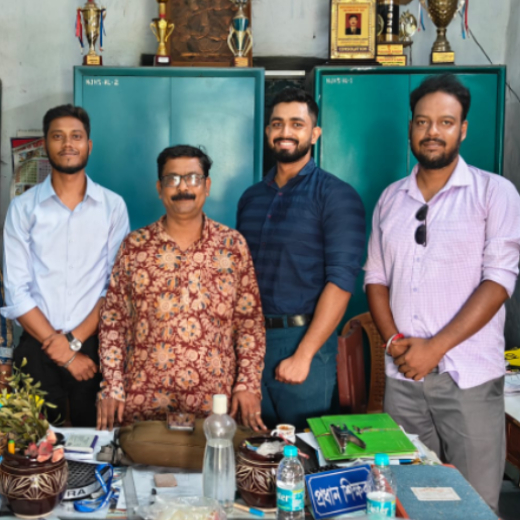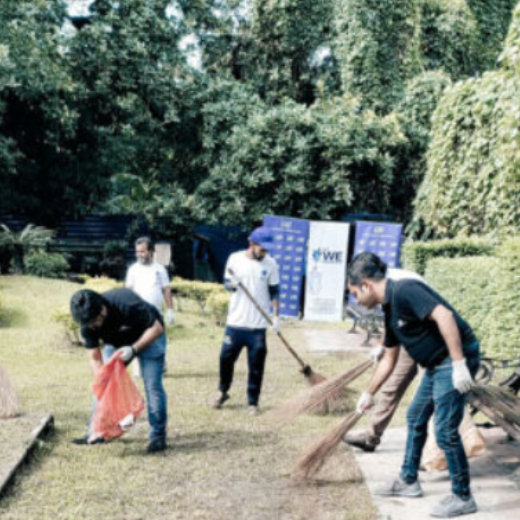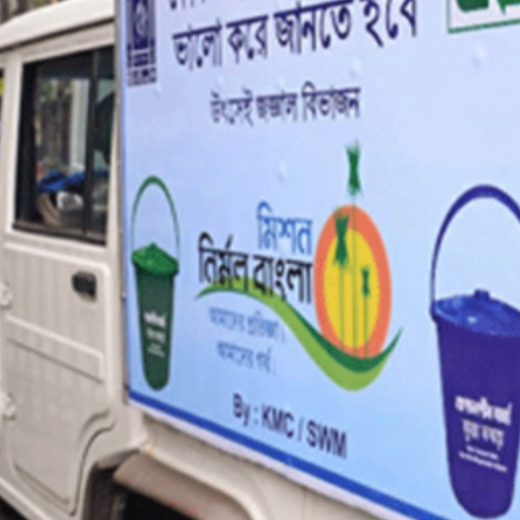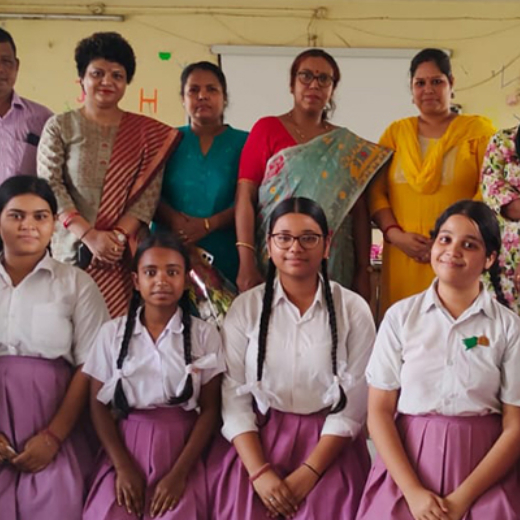Why WASH?
In India, access to safe water, proper sanitation, and good hygiene remains a critical challenge, impacting millions of lives every day. The WASH crisis affects health, education, and dignity, especially among vulnerable populations.
The Reality in India:
- Over 600 million people in India still face water shortages, with nearly 40% of the population depending on unsafe drinking water.
- More than 70% of households lack access to proper sanitation facilities, leading to widespread open defecation.
- Diarrhea kills over 1 lakh children under the age of 5 every year in India, a preventable tragedy linked to unsafe water and poor hygiene.
- Girls in rural India miss 20% of school days annually due to a lack of menstrual hygiene management facilities.
Why WASH Matters:
- Improved Health: Safe water and sanitation can prevent diseases like diarrhea, cholera, and typhoid, reducing India’s healthcare burden significantly.
- Empowering Women and Girls: With access to clean water and sanitation, women and girls no longer spend hours fetching water or face humiliation due to the lack of toilets, enabling them to pursue education and livelihoods.
- Breaking the Poverty Cycle: Each rupee invested in WASH brings four times the return through improved productivity, reduced healthcare costs, and better education outcomes.
Every drop counts. Every effort matters. Together, we can build a future where every individual, especially in underserved areas of India, has access to clean water, safe sanitation, and the dignity they deserve.
Join us in making WASH a reality for all. Because clean water is not a luxury; it is a right.
What We Do?
At The We Foundation, we drive sustainable change through demand-driven construction of toilets with institution-based water, sanitation, and hygiene (CB-WASH) systems to ensure accountability and maintenance. We promote strong behavior change mechanisms, such as grassroots task forces and interpersonal communication, to maximize the impact of time, funds, and efforts. Our initiatives include waste management at the source, cleanliness drives at popular locations for sustained attention, and technology-based monitoring systems to enhance effectiveness. Additionally, we recognize and celebrate community groups and individuals leading these efforts, fostering a collective commitment to a healthier, cleaner future.
Key Focus Areas
- Access to Safe Drinking Water, Sanitation, and Hygiene in Rural Homes: Ensuring every household in rural areas has access to clean water and proper sanitation facilities for healthier living.
- Promoting Open Defecation-Free Communities: Encouraging toilet construction in homes and fostering behavioral change to eliminate open defecation.
- Water and Sanitation in Schools and ICDS Centers: Providing schools and Anganwadi centers with safe drinking water, functional toilets, and hygiene facilities to support education and child development.
Waste Management at the Source: Promoting effective management of organic and inorganic waste, reducing plastic use, and implementing sustainable recycling processes.

 Water, Sanitation and Hygiene
Water, Sanitation and Hygiene



